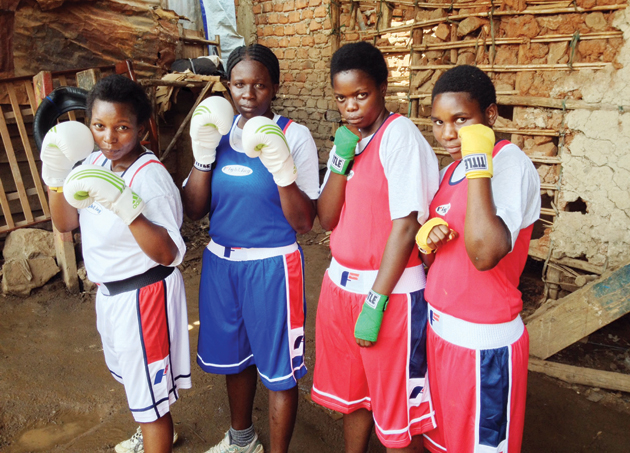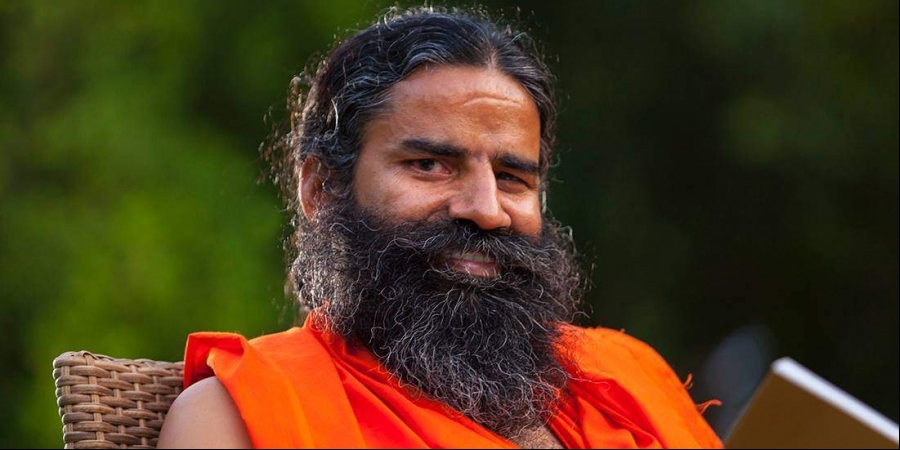The EU introduced the measure amid a row with vaccine manufacturers over delivery shortfalls.
But WHO vice-head Mariangela Simao said it was a “very worrying trend”.
Earlier WHO chief Dr Tedros Adhanom Ghebreyesus said “vaccine nationalism” could lead to a “protracted recovery”.
Speaking at the Davos Agenda – a virtual version of the global summit – he said vaccine hoarding would “keep the pandemic burning and… slow global economic recovery”, in addition to being a “catastrophic moral failure” that could further widen global inequality.
What is the EU doing?
The European Union is introducing export controls on coronavirus vaccines made in the bloc, amid a row about delivery shortfalls.
The so-called transparency mechanism gives EU countries powers to deny authorisation for vaccine exports if the company making them has not honoured existing contracts with the EU.
“The protection and safety of our citizens is a priority and the challenges we now face left us with no choice but to act,” the European Commission said.
The controls will affect some 100 countries worldwide – including the UK, the US, Canada and Australia – but many others, including poorer nations, are exempt.
However, the EU has been forced to backtrack on plans to impose restrictions on the export of vaccines across the border on Ireland after an outcry from Dublin and London.
Pressure grows as nations grow impatient
The BBC’s Europe editor Katya Adler says some EU governments are beginning to show impatience with Brussels, which had hoped its vaccination purchasing scheme would be a beacon of European solidarity and strength.
The Commission’s laboured negotiating process, the tardy approval of vaccines by the EU’s medical regulator and delays now in vaccine deliveries have left EU citizens demanding answers and action, our correspondent says.




